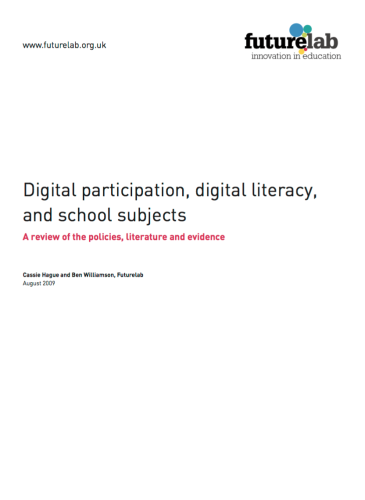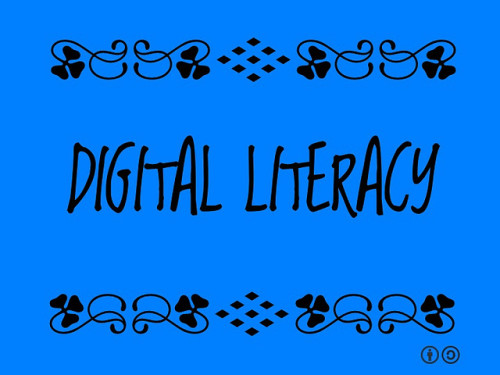Image by: Ron Mader
One of the most shocking facts I tell my students: I didn’t have a cellphone my freshman year of college. Nor did I have a laptop and tablets were still science fiction tech that only existed in Star Trek. I’m by definition a Millennial, but I’m not quite a digital native and when asked, “How can we make this more interactive and digital for our students?” It can seem a little intimidating and I’ve struggled to answer this question in the past.
But now the digital age is upon us. Our students have grown up with technology, the Internet, and social media. We call them “digital natives” and expect technology, the Internet, and the digital world to be built into their skill set. We somehow believe because they grew up with technology they have digital literacy: the ability to know how to use tech and how to tell if information online is credible.

As educator we then feel pressured to bring a digital component into the classroom and to try to keep up with the digital natives that we teach. And we should bring digital components into the classroom—but not to keep up with our students. We need to step up our digital component in the classroom to guide our students and give them the tools they need to be successful as writers in digital environments.
As the Chronicle of Higher Education has argued, it’s a myth that our students know how to use technology, simply by virtue of being supposed “digital natives.” As instructors have long recognized, literacy needs to be taught—this suggests that digital literacy needs must also be taught. Many students can use the devices, they can open and run apps, but they need instruction on how to use these tools successfully, and many of our students need instruction in composing digital resources of their own.
The most valuable skills we teach as college educators are not always explicit in the course title. Some of the most important skills we teach are logical reasoning skills, the ability to articulate decisions, the ability to judge credible sources, and the skills needed to think creatively. Perhaps writing instructors ought to add “digital composition skills” to this list of common course objectives, and to recognize that digital composition is important to any composition classroom, even outside of courses explicitly addressing “digital rhetorics.”


